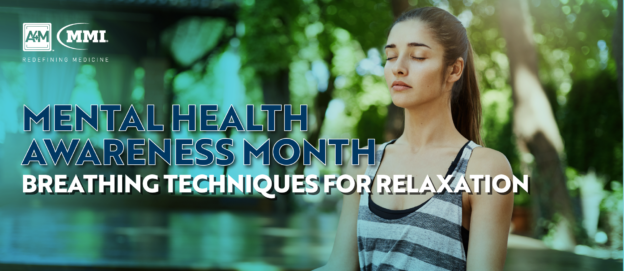More people are struggling with anxiety and stress than ever before; anxiety disorders are currently the most common mental illness in the American population, affecting more than 40 million adults. Despite its prevalence, people suffering from anxiety and stress often lack the tools they need to alleviate their symptoms and only 36.9% of them receive treatment. Access to professional help, treatment opportunities, and management techniques may not be easily accessible for everyone looking to improve their mental health, but one crucial element is ubiquitously available – the breath.
Of the many stress coping techniques and lifestyle habits, deep mindful breathing is one of the most important. Breath control has been proven to help subdue the errant stress response – or fight or flight reaction – when it becomes unnecessarily activated by day-to-day events. As chronic stress has been linked to a variety of health conditions such as high blood pressure, suppressed immune system activity, anxiety, and depression, it is important to combat stress reactions with their therapeutic counterpart. A relaxation response, or the state of profound rest, can be elicited through meditation, yoga, progressive muscle relaxation, and other soothing practices in combination with focused breathing.

